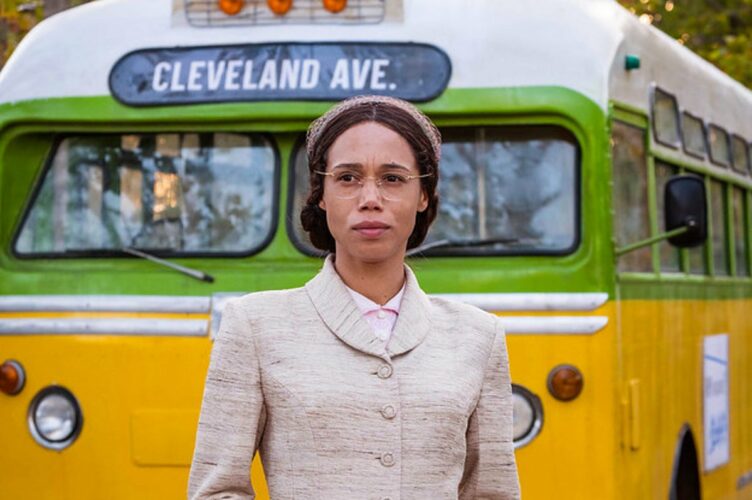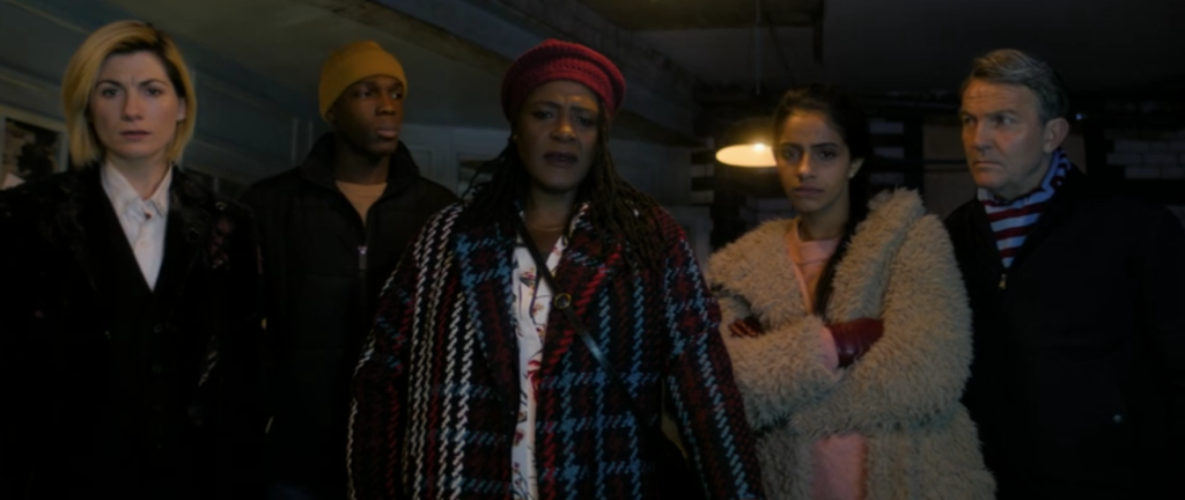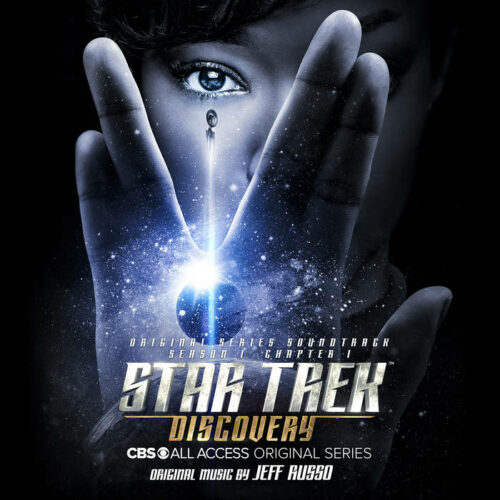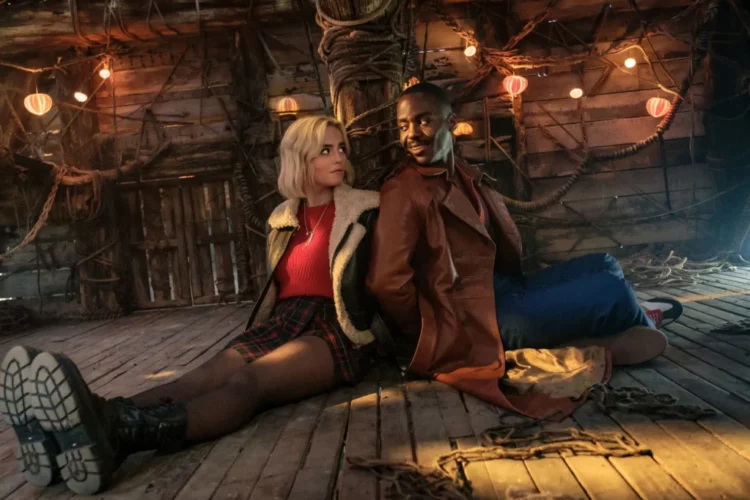Review: Every Man For Himself and God Against All
In his memoir, Werner Herzog relates a story from his childhood in a remote Bavarian village, where his family lived in extreme poverty.

My deepest memory of my mother, burned into my brain, is a moment when my brother and I were clutching at her skirts, whimpering with hunger. With a sudden jolt, she freed herself, spun round, and she had a face full of an anger and despair that I have never seen before or since. She said, perfectly calmly: “Listen, boys, if I could cut it out of my ribs, I would cut it out of my ribs. But I can’t. Alright?” At that moment, we learned not to wail. The so-called culture of complaint disgusts me.
And that’s just one anecdote from Every Man For Himself and God Against All, Herzog’s sprawling account of his life on the margins of the eschaton. Herzog was born in 1942’s Munich to a German soldier, then stationed in France, and a Viennese mother of Croatian descent. The Wehrmacht was losing the Battle of Stalingrad, leading to the defeat of the Nazis, when Herzog’s mother packed up her sons and fled to a Bavarian village. Herzog lives on the margins of the Third Reich, born too young to properly remember it, but old enough to have a mother who renounced the tenets of Nazism, which “quit the continuum of European culture when they opted for National Socialism.”
Herzog’s work reflects a search for a lost history — his family came from a variety of backgrounds, and his father abandoned his family early in his life. He came of age in a post-Hitler Germany, never seeing the worst of the Nazis. Perhaps it’s no wonder that so many of his films are about madmen on the margins of history — the ones who never quite make it into the history books, only making futile conquests. Fitzcarraldo hauls a steamship over a hill in the Amazon just to build an opera house. Aguirre conquers an empire of dirt and monkeys. And Grizzly Man’s Timothy Treadwell dies as he lived: with bears.
The men Herzog declares his heroes — inevitably men, of course — are figures like Fabius Maximus, Hercules Seghers, Carlo Gesualdo, Akhenaten. They are not figures at the center of history. They’re lunatics who undertake great endeavors against the odds. They’re also often monstrous and bloodthirsty, responsible for gruesome deaths. Herzog is an aesthete, understanding power more as a way of looking at the world than a weapon used against people. Rarely is this more clear than a paragraph where, while discussing the ethics of staging Wagner’s operas, he finally addresses the allegations of sexual abuse against his late collaborator Klaus Kinski by Kinski’s daughter, where Herzog is right and wrong in equal measures:
…Similar questions about guilt and general condemnation arose to do with Kinski after his daughter Pola wrote in a book about continued incest with her father. Pola—like a number of young women lately—had asked me for advice and support before she published her book.











 In the graphic novel
In the graphic novel